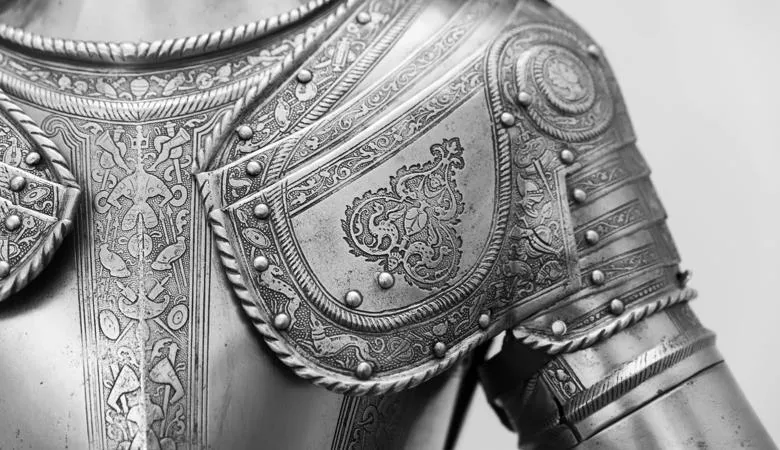
Open days and events
Chat with current students and King's staff to find out about the courses we offer, life at King's and ask any questions you may have.

Our course offers you the chance to study Contemporary British History and Politics at an advanced level in one of the top ranked History departments in Europe. You can choose from a wide range of options taught by experts in the field, covering British economic, social, cultural, political, military, imperial, and diplomatic history, as well as the history of British science, technology and medicine. Our course leads to careers in research, journalism, the civil service, politics, teaching and finance.

“Since graduating, I have worked in marketing and communications within the technology transfer industry, and private investment and wealth management services.”
Our graduates develop the skills and knowledge to pursue further research in our Department or transfer them to careers elsewhere, such as the civil service, teaching, in journalism and politics.
Our graduates develop the skills and knowledge to pursue further research in our Department or transfer them to careers elsewhere, such as the civil service, teaching, in journalism and politics.

Chat with current students and King's staff to find out about the courses we offer, life at King's and ask any questions you may have.

Discover your accommodation options and explore our residences.

Want to know more about studying at King's? We're here to help.

King's is right in the heart of the capital.